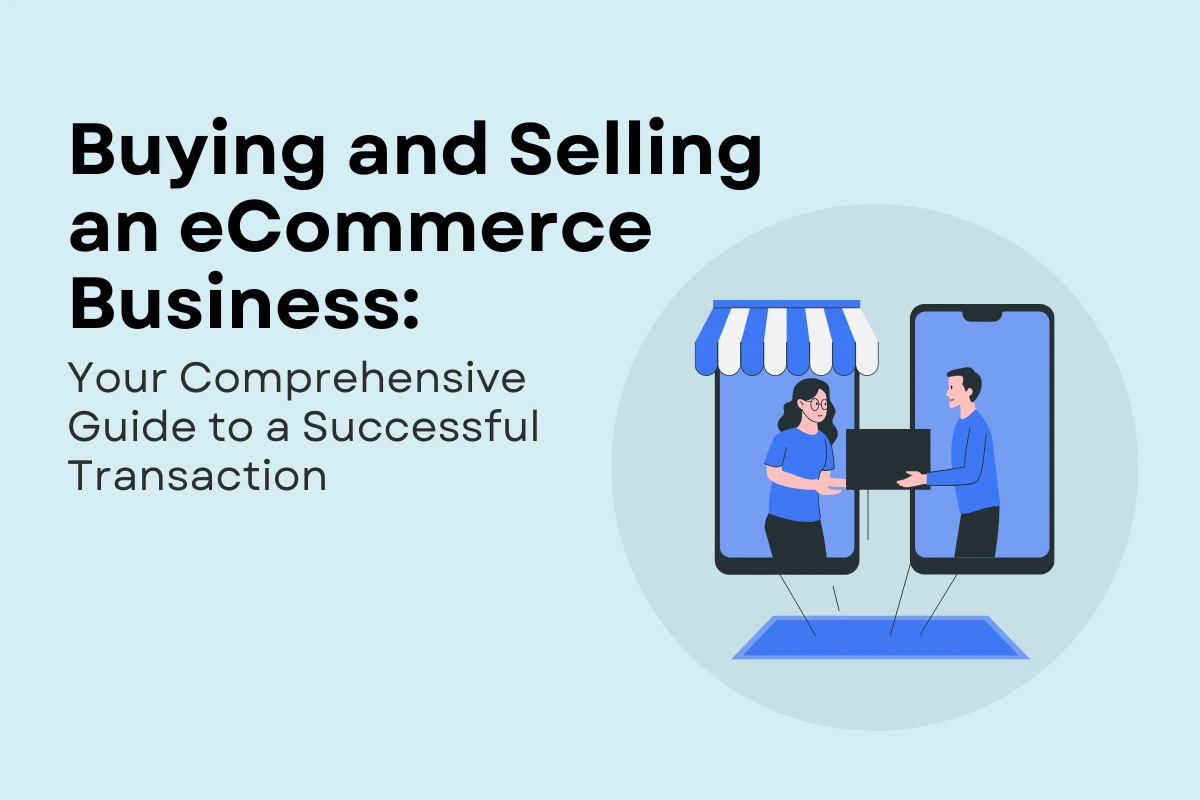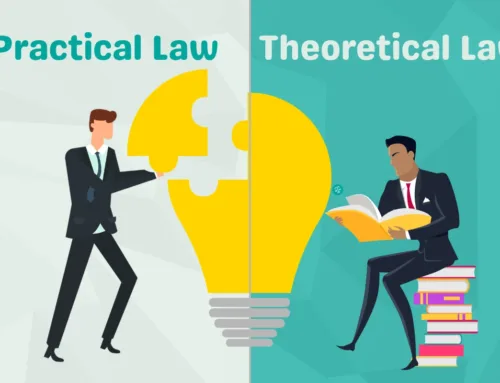Introduction
Whether you’re exploring businesses for sale near you, evaluating an online shop for sale, or considering buy-sale-trade opportunities, navigating the complexities of eCommerce transactions demands strategic planning. From understanding purchase agreements and due diligence to accurate market valuation and legal negotiation, the role of experienced lawyers and advisors can significantly enhance your eCommerce transaction success.
Finding the Right eCommerce Business for Sale
Choosing the right eCommerce business for sale involves critical considerations to evaluate its viability:
- Customer Strength and Sustainability: For service-based eCommerce businesses, a strong, recurring customer or subscriber revenue stream is crucial. Analyze customer loyalty, repeat purchase rates, and subscription renewal rates to ensure consistent profitability.
- Intellectual Property (IP) Strength: For product-based eCommerce businesses, the strength, enforceability, and protection of intellectual property are paramount. Review trademarks, patents, copyrights, and proprietary technologies to evaluate IP robustness and market advantage.
- Financial Transparency and Historical Earnings: Carefully examine historical financial performance, transparent revenue streams, consistent profitability, and realistic financial projections to avoid hidden liabilities.
- Brand Reputation and Competitive Position: Assess brand reputation through customer reviews, market position relative to competitors, and brand visibility in your industry segment.
Focusing meticulously on these factors helps buyers evaluate the potential long-term success and profitability of an eCommerce business for sale.
Essential Elements of a Purchase Agreement
A comprehensive purchase agreement protects both parties in eCommerce transactions. Essential terms include:
- Price and Payment Structure: Clearly outline terms, including payment schedules, adjustments, and conditions.
- Defined Assets Included/Excluded: Specify all physical, digital, and IP assets involved in the sale.
- Inventory Valuation and Management: Clearly establish methods for valuing and transferring inventory.
- Transition Terms: Define seller involvement post-sale, ensuring smooth business transition.
- Liability and Risk Allocation: Liability clauses, typically handled by specialized eCommerce attorneys, clarify risk allocation, protecting against future disputes or hidden liabilities.
Lawyers serve as critical risk navigators in these agreements, expertly managing complex liability issues often overlooked during initial negotiations.
Conducting Thorough Due Diligence
Detailed due diligence is essential to clarify and mitigate potential risks. Essential steps in the due diligence process include:
- Verifying Financial Records: Confirm revenue sources, profitability, debt obligations, and historical accuracy.
- Assessing Customer Sustainability: Evaluate subscriber retention rates, customer loyalty metrics, and customer acquisition costs.
- Evaluating Supplier Contracts: Review critical supplier agreements, dependencies, and potential liabilities.
- Reviewing Intellectual Property Rights: Ensure all IP rights are valid, enforceable, and properly transferred.
- Ensuring Regulatory Compliance: Confirm compliance with legal, regulatory, and industry standards.
Importantly, many purchase agreements explicitly disavow reliance on information disclosed solely in due diligence data rooms. Sellers unaware of this can face substantial liabilities for incomplete disclosures. Partnering with a knowledgeable lawyer to ensure thorough, comprehensive disclosures significantly reduces seller liability.
Valuing an eCommerce Business
Proper valuation ensures fair pricing and includes methods like:
- Seller’s Discretionary Earnings (SDE): Reflects business profitability adjusted for discretionary spending.
- EBITDA Multiples: Useful for established businesses with predictable earnings.
- Revenue Multiples: Beneficial for rapid-growth or subscription-based eCommerce businesses.
Understanding market trends, industry-specific practices, and comparable transactions enables accurate, realistic valuations.
Negotiation Strategies for Buyers and Sellers
Effective negotiation directly impacts the outcome of eCommerce transactions. Key strategies include:
- Clearly define expectations and desired outcomes early.
- Engage in fair, mutual-interest-based negotiations.
- Maintain flexibility and willingness to walk away if terms become unfavorable.
Importance of Broker Contract Review
Broker contracts often include complex, risky clauses, such as:
- Commissions due if withdrawing from a Letter of Intent (LOI)—a preliminary agreement outlining transaction terms.
- Unreasonably long exclusive listing periods limiting seller options.
- Broad definitions of “material contact,” potentially locking sellers into paying commissions even from mere email blasts sent by brokers.
Lawyers negotiate these terms, ensuring meaningful discussions are defined explicitly as substantive buyer-broker interactions rather than mere email correspondence.
Avoiding Common Pitfalls in eCommerce Transactions
Common pitfalls buyers and sellers face include:
- Overlooking hidden liabilities or unreported obligations.
- Incorrect valuation of inventory or IP assets.
- Insufficient due diligence or misunderstood disclosures.
- Misinterpretation of post-sale transition obligations.
Engaging experienced legal and financial advisors mitigates these risks, promoting smoother transactions.
Legal and Financial Support
Professional legal support significantly reduces transactional risk. Lawyers handle detailed contract reviews, regulatory compliance, precise liability management, and robust risk mitigation strategies. Financial advisors provide accurate valuation, comprehensive due diligence, and informed strategic financial insights.
Conclusion
Successfully buying or selling an eCommerce business requires meticulous planning, thorough due diligence, accurate valuation, and strategic negotiations, particularly around liability management handled by experienced eCommerce lawyers. Thorough preparation, with skilled professional guidance, ensures smoother and more profitable transactions.
Legal Disclaimer
This article provides general informational content only and does not constitute legal advice. Always consult with a qualified attorney regarding your specific situation.
Get Expert Legal Help!
Our firm has facilitated over half a billion dollars in successful eCommerce and Amazon business exits. If you have questions or need assistance buying or selling your eCommerce business, contact Paul Rafelson at [email protected].




